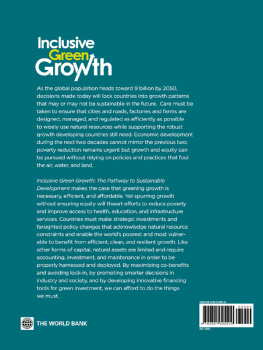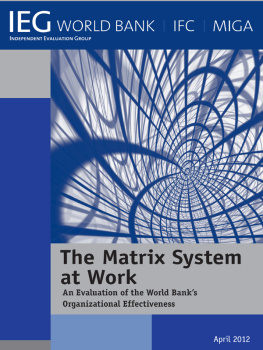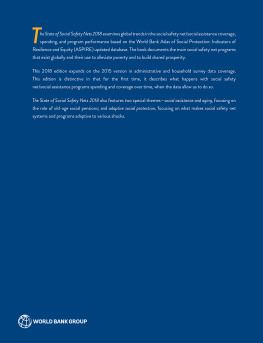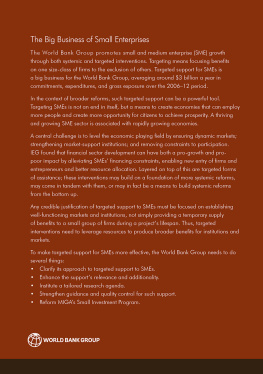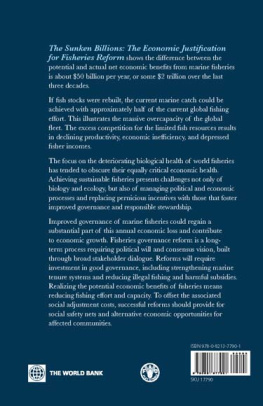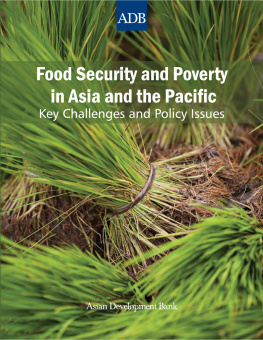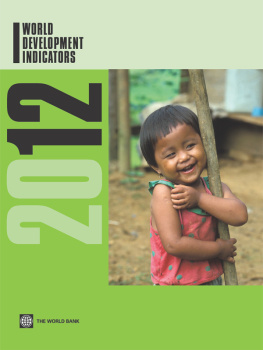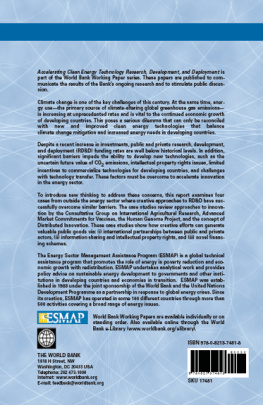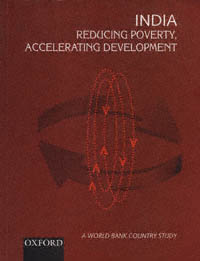| This Report was prepared by a team led by Sanjay Kathuria and James Hanson. It was supported by a core team of Bank staff consisting of Bala Bhaskar Naidu Kalimili, Priya Mathur, Harpinder Oberai, Farah Zahir, Shahnaz Rana, Shunalini Sarkar, and Rita Soni. The Report draws upon an interdisciplinary team, both from within the World Bank and outside. For Chapter 1, Valerie Kozel and Stephen Howes were primarily responsible; for Chapter 2, David Peters and Venita Kaul; for Chapter 3, Fahrettin Yagci; for Chapter 4, Arindam Das-Gupta; and for Chapter 5, Clive Harris. Other primary contributors include: Deepak Ahluwalia (agriculture), Benoit Blarel (agriculture), Carter Brandon (environment), Luis Constantino (decentralization), Paramita Dasgupta (state finances, small savings, and general), Gaurav Datt (poverty), Edward Heneveld (education), Monica Jain (poverty), Bala Bhaskar Naidu Kalimili (macroeconomic projections, growth analysis, and debt data management and analysis), Rajni Khanna (contingent liabilities), David Marsden (decentralization), Priya Mathur (environment and privatization), William McCarten (state finances), Kari Nyman (energy), Harpinder Oberai (labour markets, gender, and governance data management and analysis); Gajanand Pathmanathan (agriculture), Garry Pursell (antidumping), Salman Zaidi (poverty), Farah Zahir (governance, budgetary and financial management, growth analysis, public enterprises, and central and state fiscal data management and analysis). |
| Background papers for the review were prepared by O. P. Mathur (decentralization), Shubhashish Gangopadhyay, Wilima Wadhwa, and Bibek Debroy (judicial and civil service reforms), Omkar Goswami (corporate governance), and CRISIL (public enterprises). The CII conducted a survey of the business environment for 210 small and large firms in all parts of India. |
| Apart from the very useful comments of the task team members, the Report benefited from comments by Pedro Alba, Mukesh Ambani (Reliance Industries), Alok Bansal, Bhavna Bhatia, Milan Brahmbatt, Tim Callen (IMF), Shahrokh Fardoust, Edgardo Favaro, Keith Hinchcliffe, Karin Kapadia, Homi Kharas, Sandeep Mahajan, Will Martin, Smita Misra, Lucio Monari, Djamal Mostefai, Tawhid Nawaz, Martin Rama, V. J. Ravishankar, Patricia Reynolds (IMF), Panneer Selvam, Rajesh Sinha, Suresh Tendulkar, Christopher Towe (IMF), Sanjay Vani, Maj-lis Voss, Michael Walton, John Williamson, J. P. Wogart, and Adrian Wood. Peer reviewers were Kaushik Basu (Cornell University and World Bank), Philip Keefer, Ashok Lahiri (National Institute of Public Finance and Policy), Sanjay Pradhan, and Helcio Tokeshi (on behalf of PREM Economic Policy). The Report also benefited from the comments of the Quality Assurance Group review team led by Gobind Nankani. |
|


